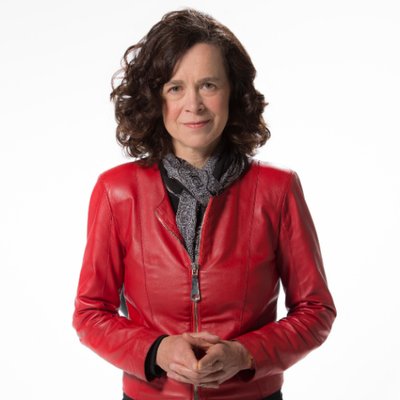Harvard professor Rebecca Henderson at Koullias Hotels
Koullias Hotels talks to Harvard professor Rebecca Henderson about sustainable development as a competitive advantage, trends and challenges in our time
Koullias Hotels invited Harvard professor Rebecca Henderson to a discussion to share, among other things, ideas about the trends and challenges of sustainable development, the important role of private initiative and employees, the development of innovation and the impact on local communities. It was a fruitful discussion with participants including the general manager of Koullias Hotels, Mrs. Eleni Basi, who took the initiative as she had attended Henderson’s courses in a University program, and associates of the company in the areas of sustainable development, strategic marketing and management executives.
Rebecca Henderson holds the
John and Natty McArthur Professorship of Harvard University, and she is the Co-Director of the
Harvard Business School Initiative on Entrepreneurship and the Environment. She is also a Research Associate at the
National Bureau of Economic Research, a Fellow of the
British Academy and the
American Academy of Arts and Sciences. She has taught extensively at
MIT’s Sloan School and Harvard Business School. Her current work focuses on the economics of energy innovation and the organizational and strategic challenges inherent in private companies’ efforts to respond to climate change. She is the author of the acclaimed book “
Reimagining Capitalism In a World of Fire”, which discusses a sustainable capitalism that can deliver for society and curb climate change without sacrificing economic growth.
The discussion began with the uncertainty and strong concerns about the US withdrawal policies from the International Climate Agreement and the "Green Transition" but also about the stance that Europe, which has invested in climate neutrality, will take. Ms. Henderson stated:
"Climate change is here! Biodiversity loss is not going to stop! Consumers are increasingly concerned about it, while young people remain deeply committed". What businesses do really matter: What kind of businesses are needed to overcome climate change? What is the relationship of business with the concepts of sustainability, social commitment, innovation and productivity aimed at economic growth?
With her extensive experience working with large corporations, Ms. Henderson finds that it is possible for a business to operate with sustainability rules and at the same time be profitable while strengthening the brand.
It is important to emphasize the
culture of sustainability as a core value of the business and a competitive advantage. Adopting this philosophy has many benefits, including satisfied employees with a commitment to the company’s vision, happy customers, productivity and growth. Trust and loyalty from both visitors and employees require authenticity and honest communication with everyone. Strengthening ties with the local community through cooperation initiatives and communication, contributes to joint actions based on shared values. It is important for businesses to share the successes of their efforts, to inspire through small actions and to multiply the value and benefit in all directions – guests, employees, local community, development.
How can the hotel business inspire and influence the local community? Its relationship with the local community is based on the positive impact and benefit of tangible actions in the sustainability spectrum. The business must support and encourage the local community in sustainability actions. But before motivating others, the priority is to build a community of people with common values and experiences through open communication and actions based on trust within the company.
How can a hotel business inspire and promote a culture of sustainability in its employees?• Treating employees with dignity and respect, empowering them and paying them fairly remains crucial for productivity, flexibility and engagement.
• Building a genuine concern for others and mutual support creates a “culture of emotional presence” which is a powerful asset.
•Doing small things because “doing small things is not small”. The power of small actions to influence the future is great.
• Learning through experience. Understanding the value of positive human interaction comes from the way people treat each other and through a conscious intention.
How does innovation develop in businesses? Ms. Henderson was very clear: "Innovation requires
Time and Space".
• It is advisable to create
Time and Space to conduct research and training, to identify potential applications in the business, to ask questions about costs, products, services, market impact, etc. which in turn will raise other questions, thoughts and suggestions for possible changes and how they can be implemented in the long term.
• Internal teams. Small internal teams can lead to innovation, with external support where necessary. Improvements come from the involvement of people who are close to customers and receive their opinions and observations, which they can be made use of.
At the core of this sustainable approach is essentially the most fundamental value:
love – a universal force that unites, inspires and strengthens sustainability in every aspect. Love is the unifying element that gives meaning to every initiative and strengthens the connection between people, businesses and society. As Rebecca M. Henderson characteristically notes, “the solution to all the challenges of our time lies in love itself.”


